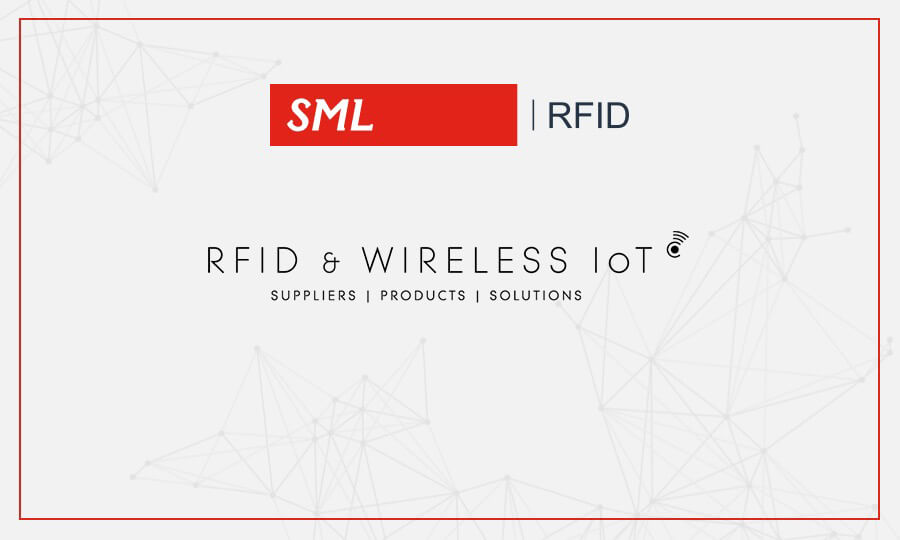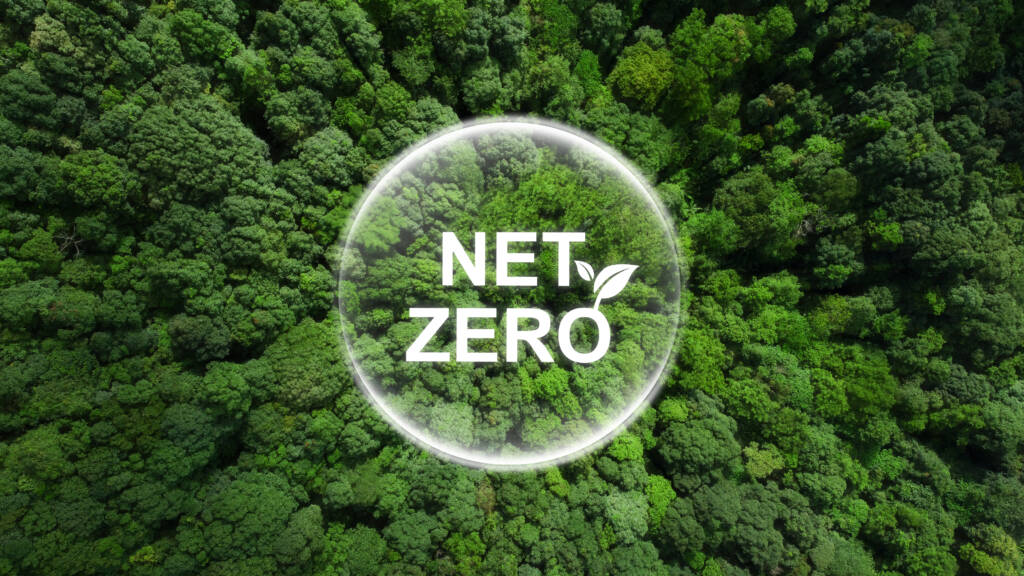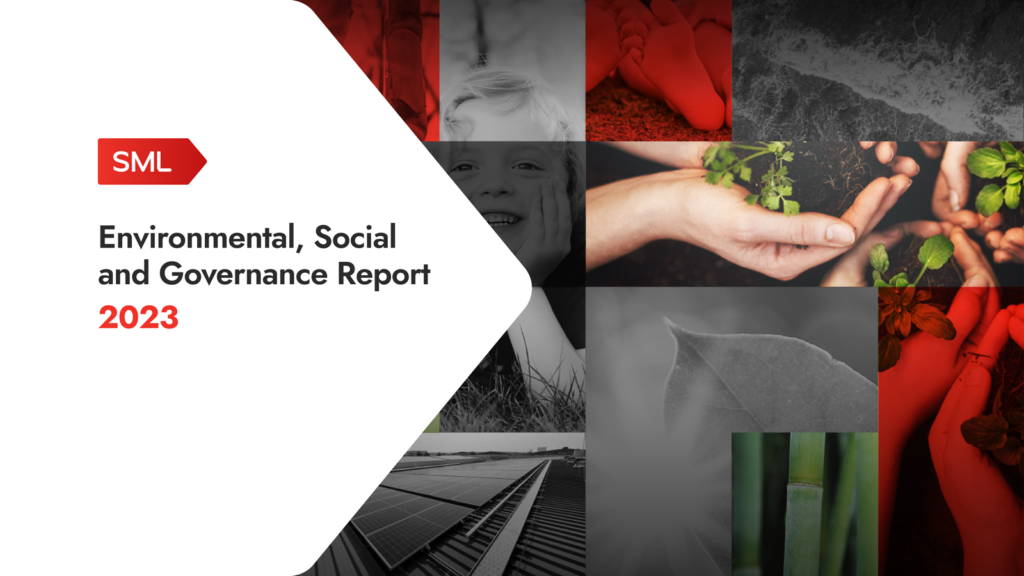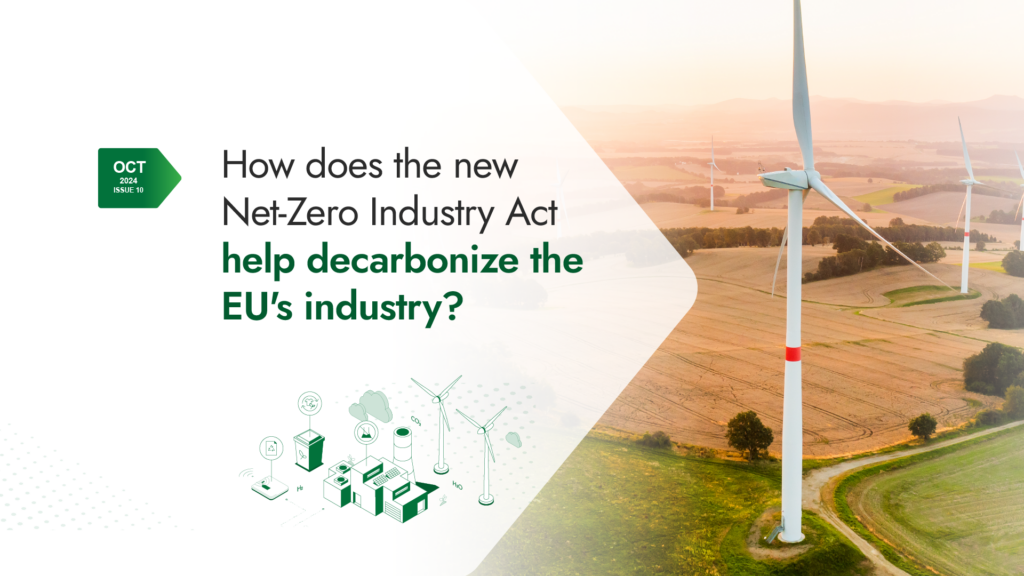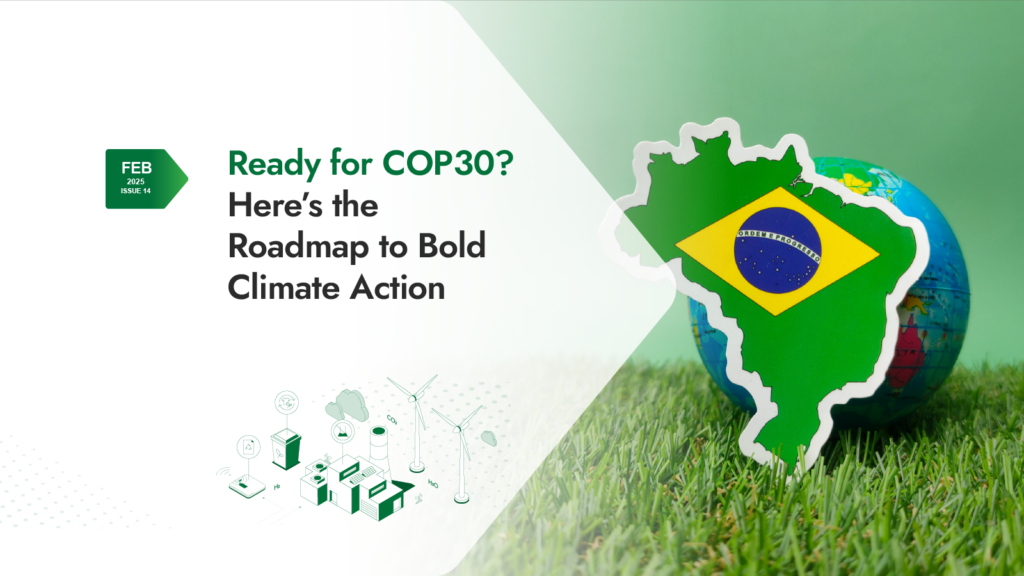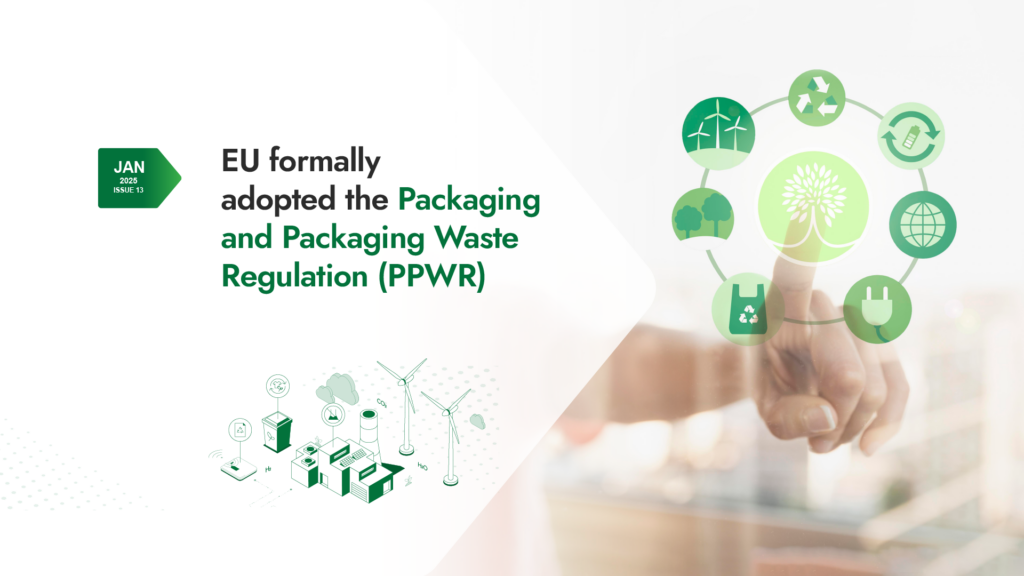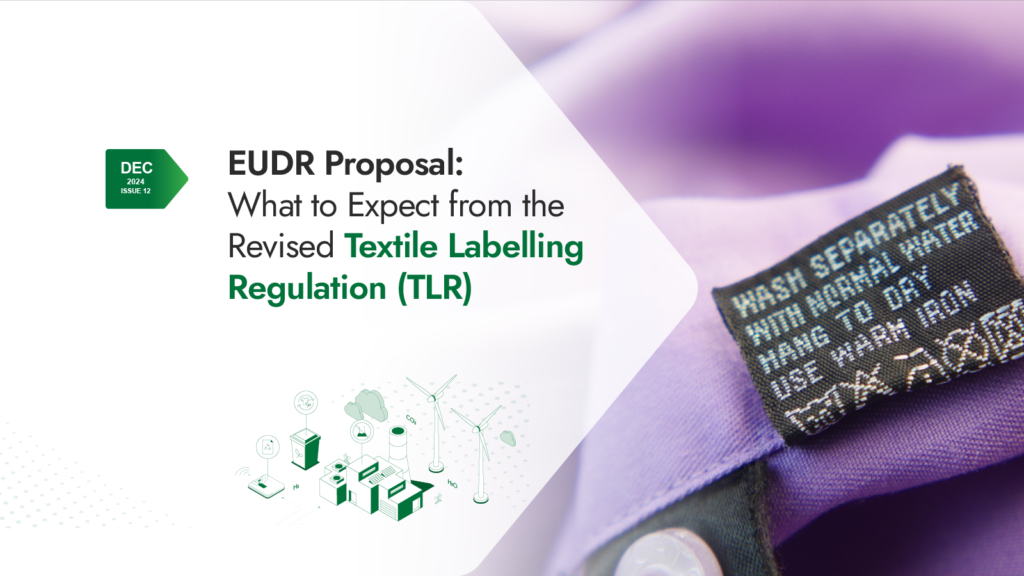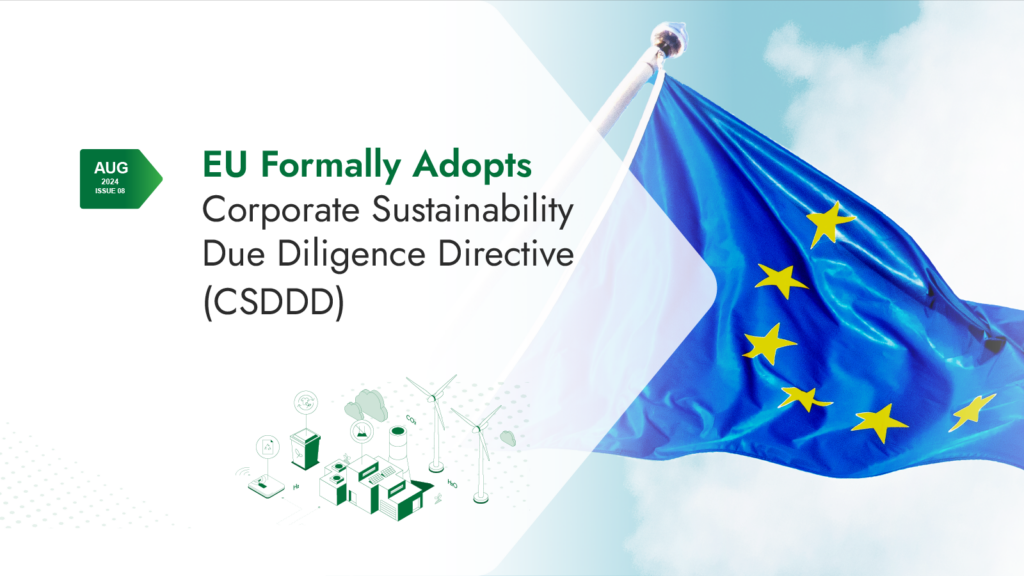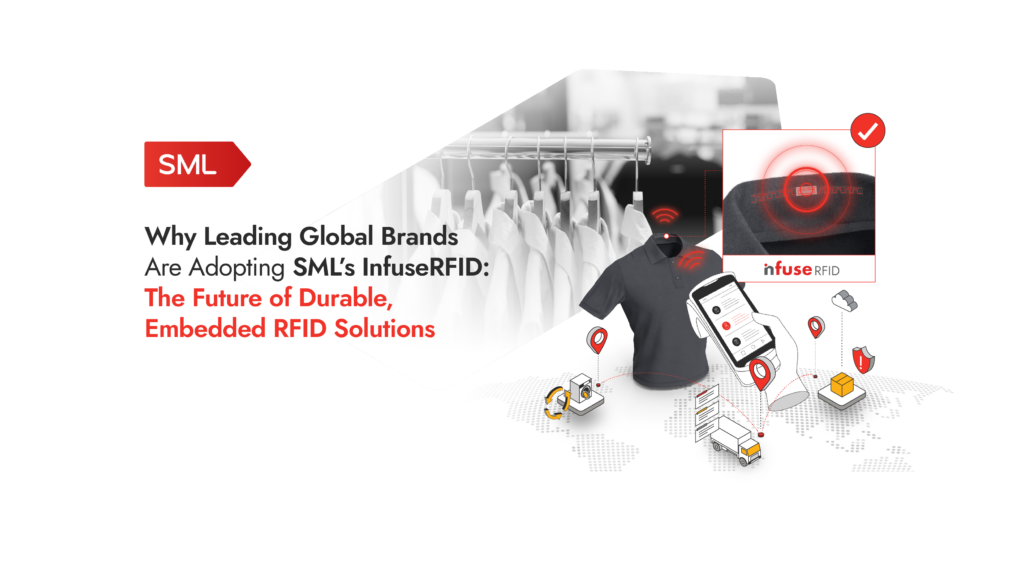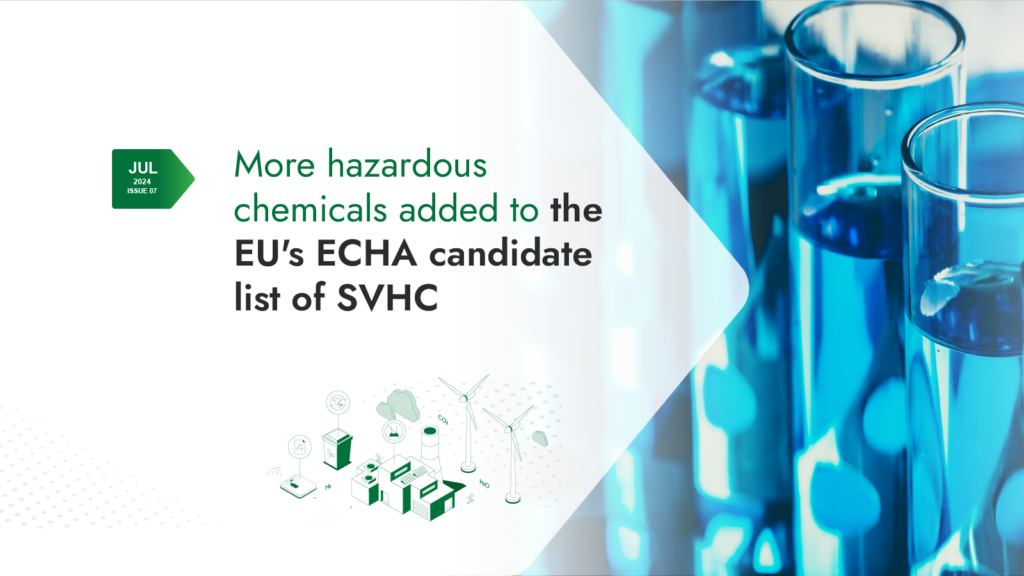Sustainability Insights #06

The new rule introduced in Vietnam on tracing product origins is a significant step towards enhancing sustainability in the country’s supply chains. In March 2024, the Ministry of Science and Technology issued Circular 02/2024/TT-BKHCN, which mandates comprehensive documentation and public disclosure of product details, effective June 1, 2024.
Traceability is essential for sustainable supply chains, as it enables businesses and consumers to monitor and improve environmental, social, and governance (ESG) performance. Under the new regulation, accountable parties must record and make publicly available a wide range of information, including product names, images, business and production details, brand names, trademarks, codes, expiration dates, and relevant standards.
The requirement to physically integrate data carriers, such as RFID tags or barcodes, into products and packaging ensures effective tracking throughout the product lifecycle. This increased transparency and traceability hold businesses accountable for their sourcing and manufacturing practices, incentivizing them to adopt more sustainable methods.
Furthermore, the accessibility of this information through the National Product and Goods Traceability Portal empowers consumers to make informed purchasing decisions aligned with their sustainability preferences. By enabling informed choices, the new rule contributes to the overall sustainability of the Vietnamese economy, as businesses strive to meet the evolving demands of conscious consumers.
In summary, the new traceability rule in Vietnam is a significant step towards enhancing the sustainability of supply chains by increasing transparency, empowering consumers, and incentivizing businesses to prioritize sustainable practices.
Key takeaways:
Vietnam’s new traceability law mandates disclosure of product details, including names, images, business information, codes, expiration dates, and relevant standards to enhance supply chain transparency and sustainability.
Source: vietnam.gov
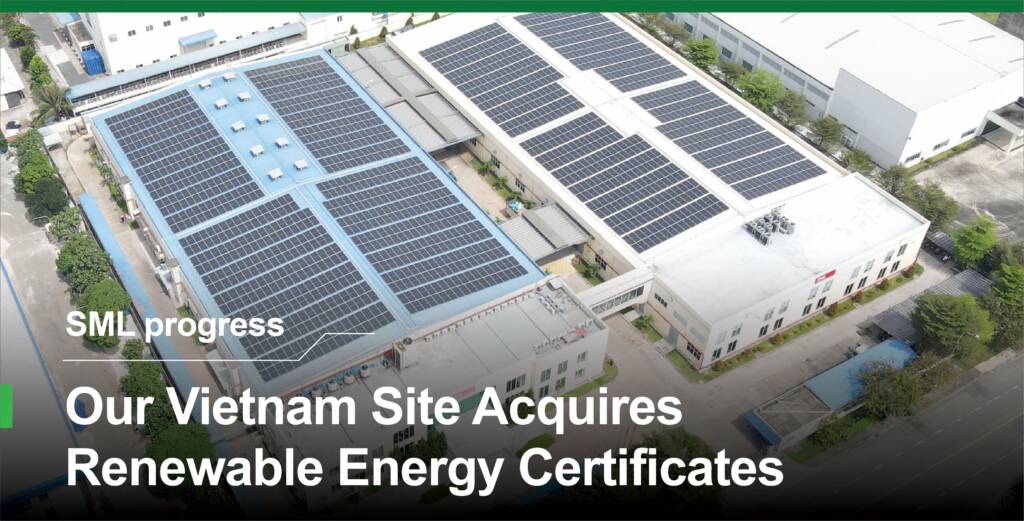
SML Vietnam has made a significant investment towards a sustainable business model by purchasing Renewable Energy Certificates (RECs) from renewable sources, allowing two of its production sites to obtain up to 400 MWh (megawatt-hour) of electricity from renewable sources. This strategic move not only supports the development of renewable energy projects but also reduces the company’s carbon emissions and carbon footprint, serving as a testament to SML Vietnam’s commitment to achieving net-zero and embedding sustainability at the core of its operations.

In cases where building renewable energy sources on-site may not be feasible, there are alternative ways for businesses to consume renewable energy. One such solution is the purchase of Renewable Energy Certificates (RECs).
RECs are market-based instruments that represent the rights to the environmental, social, and other non-power attributes associated with renewable electricity generation. When one megawatt-hour (MWh) of electricity is generated and delivered to the electricity grid from a renewable energy resource, a corresponding REC is issued. These certificates play a crucial role in accounting, tracking, and assigning ownership to renewable electricity generation and consumption.
Even in situations where on-site renewable energy generation is not possible, the acquisition of RECs allows companies to support the development of renewable energy projects and claim the associated environmental and social benefits. This approach enables businesses to demonstrate their commitment to sustainability and contribute to the transition towards a cleaner energy future, even when on-site renewable energy generation is not a viable option.
Source:
United States Environmental Protection Agency


